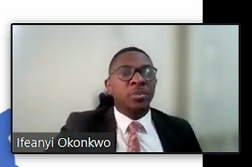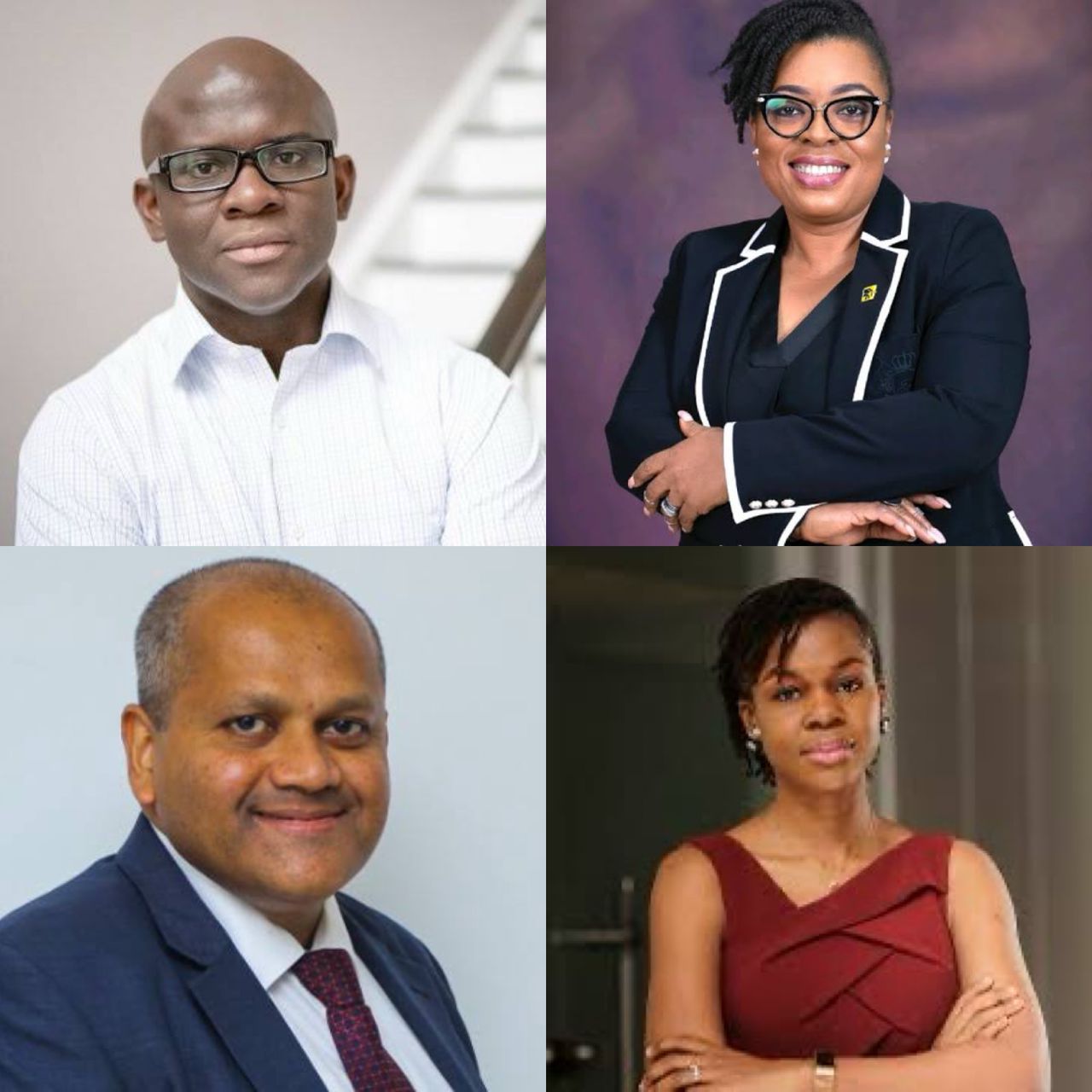By Abimbola Mohammed
Ifeanyi Okonkwo, Manager, Nigeria & Africa IP Portfolio, has re-emphasized the need for a legal framework for Artificial Intelligence (Al). He noted that even though AI has evolved to become a most useful asset in business and decision making generally, unless legal safeguards are provided for and implemented, Al-generated content could infringe on someone’s intellectual property (IP) rights by reproducing copyrighted materials.
Okonkwo made this call at the just concluded webinar, organized by IP Experts of Jackson, Etti & Edu, Nigeria’s leading IP practice with the theme: “Navigating Regulatory and Intellectual Property Issues in Advertising”.
According to the organizers, IP and regulatory challenges in the advertising and marketing industry can no longer be ignored, especially in the digital space. They, therefore, noted that, it is imperative to understand the regulatory requirements and protect agencies and their clients from intellectual property infringements following the new introduction of the new Copyright Act 2022 and the Omnibus Act 2023. Creative contents, sounds, advertising techniques, databases, software, voice-overs, and personal data, amongst others, were identified as the most susceptible to infringement claims than ever.
In his call, Okonkwo, noted: “Depending on the situation and the jurisdiction, liability may rest with either the creator of the Al program, the platform, the content publisher or even the user of the Al. This is based on the concept of control and input i.e. the creator/user might be liable if the algorithm includes plagiarized passages, uses a trademark without permission, or bases an artwork on an image or other media for which the output “creator” does not properly license from its owner.”
“In some cases, the creator of the Al content may not be the only party liable for any infringement or objectionable material presented within the Al’s output. For example, if it can be shown that the art or text was created using copyrighted material used to train or inform the algorithm, partial liability could lie with the party responsible for creating the training database.
“Additional evidence may be required in order for a successful case to be brought against an Al provider depending on the type of IP rights being claimed. This could include proof of access to the original work prior to its use by the Al or proof that the same creative process was used in creating both works,” he said.
According to a research work by Harvard Business Review, Generative AI, which uses data lakes and question snippets to recover patterns and relationships, is becoming more prevalent in creative industries. However, the legal implications of using generative AI are still unclear, particularly in relation to copyright infringement, ownership of AI-generated works, and unlicensed content in training data.
Courts are currently trying to establish how intellectual property laws should be applied to generative AI, and several cases have already been filed. To protect themselves from these risks, companies that use generative AI need to ensure that they are in compliance with the law and take steps to mitigate potential risks, such as ensuring they use training data free from unlicensed content and developing ways to show provenance of generated content.







Comment
No comments found.